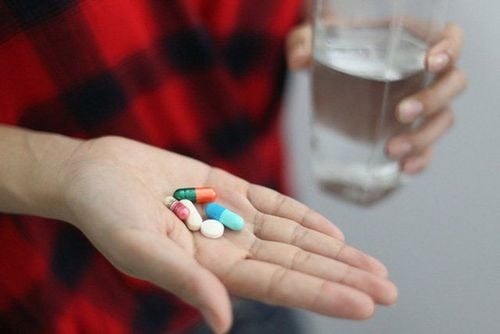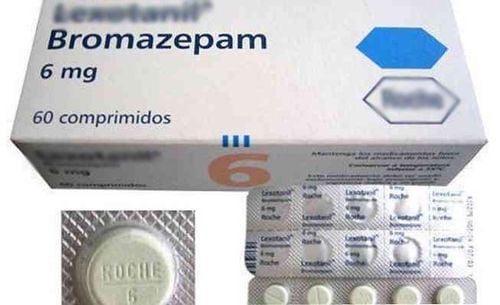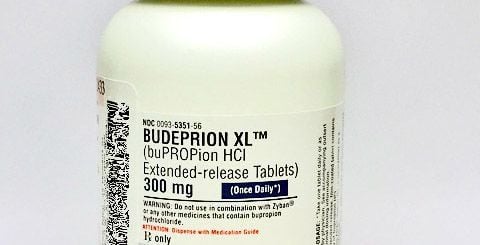This is an automatically translated article.
Some people experience erratic, low energy with the onset of fall or throughout the winter months with gradual or sudden signs of depression. These are suggestive signs of seasonal affective disorder.
1. What is Seasonal Affective Disorder?
Seasonal affective disorder (also called affective disorder SAD) is a type of seasonal depression that occurs at the same time every year. Most people with seasonal affective disorder begin their symptoms in the fall and continue through the winter months, with less frequent spring or early summer.
Some studies show that SAD is more common in women, but men with the condition have more severe symptoms. Seasonal affective disorder is common in places far north or south of the equator. Similar to other types of depression, seasonal affective disorder is likely blood related.
2.Causes of Seasonal Affective Disorder
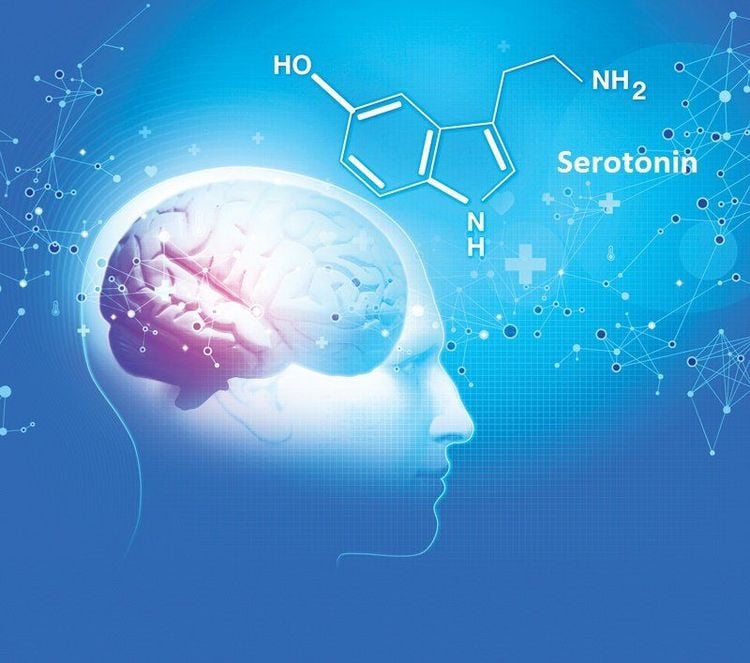
Serotonin đóng vai trò quan trọng trong rối loạn cảm xúc theo mùa
Seasonal affective disorder is explained by a biochemical imbalance in the human brain that is driven by a shortening of daylight hours and a lack of sunlight sources. weather in winter. This is similar to how sunlight affects seasonal activities in animals.
It can be seen that SAD emotional disorder is caused by the impact of seasonal light changes on the human body. As the seasons change, people will also experience a shift in their internal circadian clocks or circadian rhythms, changing their daily schedule.
Studies have demonstrated that bright light produces a difference in brain chemistry, although the exact mechanism is unknown. Some evidence suggests that the farther people live from the equator, the more likely they are to develop seasonal affective disorder. Seasonal affective disorder can develop at any age, but is most common between the ages of 18 and 30.
Melatonin is a hormone related to sleep and has been linked to depression, this hormone is produced when darkness levels increase. During the winter months, when daylight becomes shorter and it tends to get darker, more melatonin is produced. So this is the hormone tied to seasonal affective disorder.
Besides, the reduction of serotonin - a chemical in the brain that helps neurotransmitters has a huge effect on mood. Serotonin may also be one of the factors that play an important role in seasonal affective disorder. When reduced sunlight can cause a drop in serotonin, which in turn leads to depression.
3.Seasonal affective disorder symptoms

Thu mình với xã hội, tập thể là triệu chứng của rối loạn cảm xúc theo mùa thu đông
Symptoms usually appear during the cooler months of fall and winter and subside during the early sunny days of spring and summer.
Symptoms of depression can be mild to moderate or severe. People who work long hours in office buildings with few windows can experience symptoms of mood disorders year-round, with mood swings especially noticeable on days of prolonged overcast weather. Symptoms suggestive of fall-winter affective disorder include:
Fatigue; Loss of interest or interest in daily activities; Withdrawing from society and the collective; Increase cravings for foods high in carbohydrates; Weight gain. However, not everyone with an affective disorder exhibits all of these symptoms. In some cases, the patient exhibits only intense cravings for foods rich in carbohydrates. Or some special cases have opposite symptoms, such as weight loss.
A patient has a relapse that occurs in the summer instead of in the fall or winter due to the body's response to high temperature and humidity, known as spring-summer affective disorder. Then, the symptoms of depression are manifested by:
Insomnia Decreased appetite Loss of weight Or confusion, anxiety Increased sex drive.
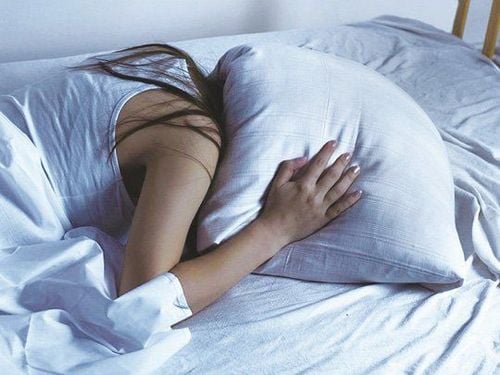
Người bị rối loạn cảm xúc theo mùa sẽ xuất hiện tình trạng mất ngủ
In some people, spring and summer may experience symptoms of mania or hypomania, known as seasonal affective disorder, which is similar to a form of bipolar disorder with symptoms such as:
Continuously elevated mood Excitement, hyperactivity. Think and speak quickly Increase social activity. Uncontrollable enthusiasm corresponds to the situation.
4.Consequences of Seasonal Affective Disorder
Similar to other types of depression, SAD can become severe if left untreated, leading to problems:
Thoughts or urges to commit suicide; Social alienation; Having problems at school or at work; Stimulant abuse.
5.Treatment of seasonal affective disorder

Trị liệu tâm lý giúp điều trị chứng rối loạn cảm xúc theo mùa
Increasing the time of exposure to sunlight helps to improve symptoms: patients should go out for long walks or arrange their houses and workplaces towards the window.
Light therapy: With severe depression and a marked impact on the patient's life, phototherapy has proven to be an effective option. Patients are exposed to very bright light that mimics outdoor light (from a special fluorescent light source) for 30-90 minutes a day in winter.
Psychotherapy Prescribing antidepressants Change living habits: make the indoor environment warm and sunny, draw curtains, add skylights, and trim branches that block sunlight . Other therapies: Acupuncture, Yoga, meditation, massage therapy... Seasonal affective disorder is easily misdiagnosed as hypothyroidism, hypoglycemia, mononucleosis due to other infections and viruses. Some cases of SAD can be confused with more serious disorders such as a major depressive episode or bipolar disorder.
If the patient feels that the depression has become severe and has suicidal thoughts, consult a psychiatrist immediately for examination, treatment or to seek medical help from a clinic. nearest emergency room.
Periodic health check-ups help to detect diseases early, so that there are treatment plans for optimal results. Currently, Vinmec International General Hospital has general health checkup packages suitable for each age, gender and individual needs of customers with a reasonable price policy.
The patient's examination results will be returned to the home. After receiving the results of the general health examination, if you detect diseases that require intensive examination and treatment, you can use services from other specialties at the Hospital with quality treatment and services. outstanding customer service.
Please dial HOTLINE for more information or register for an appointment HERE. Download MyVinmec app to make appointments faster and to manage your bookings easily.




